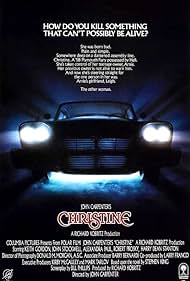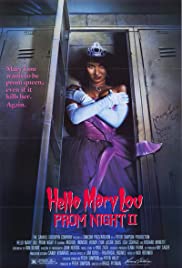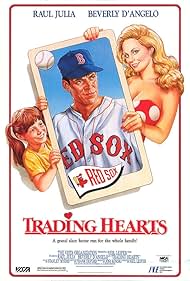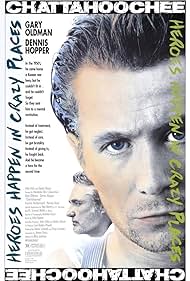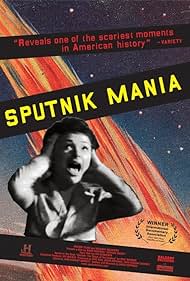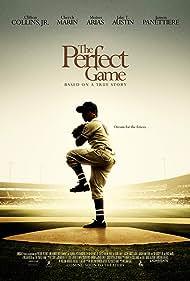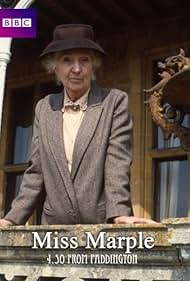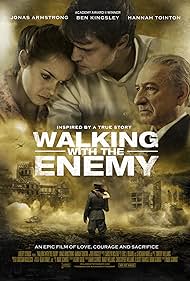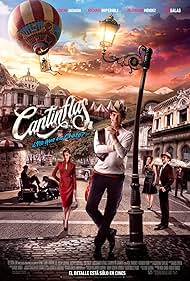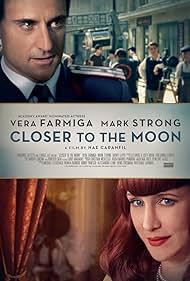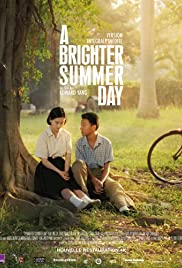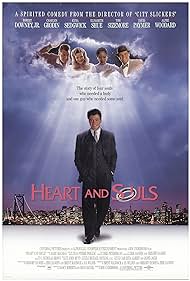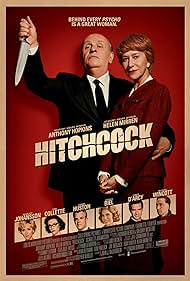What Happened, Miss Simone? Soundtrack (2015)

Buy on Amazon Play and download Soundtracks
What Happened, Miss Simone?
What Happened, Miss Simone?
What Happened, Miss Simone?
Synopsis
What Happened, Miss Simone?
On stage Nina Simone was known for her utterly free, uninhibited musical expression, which enthralled audiences and attracted life-long fans. But amid the violent, haunting, and senseless day-to-day of the civil rights era in 1960s America, Simone struggled to reconcile her artistic identity and ambition with her devotion to a movement.
Culled from hours of autobiographical tapes, this new film unveils the unmitigated ego of a brilliant artist and the absurdities of her time. At the height of her fame Simone walked away from her family, country, career and fans, to move to Liberia and give up performing. The story of her life leading up to that event poses the question, 'how does royalty stomp around in the mud and still walk with grace?'".
Download and play the Soundtrack list
| Play | Title | Artist |
|---|---|---|
|
What Happened, Miss Simone?
|
||
|
Good King Wenceslas
|
John M. Neale:
Traditional tune, lyrics
|
|
|
I Wish I Knew How It Would Feel to Be Free
|
Billy Taylor:
Writer
|
|
|
Brown Baby
|
Oscar Brown Jr.:
Writer
|
|
|
Children Go Where I Send You
|
||
|
Nobody's Fault But Mine
|
||
|
Little Liza Jane
|
Nina Simone:
Writer
|
|
|
My Baby Just Cares for Me
|
|
|
|
I Loves You Porgy
|
|
|
|
Love Me or Leave Me
|
|
|
|
Work Song
|
|
|
|
If You Knew
|
|
|
|
I Put a Spell On You
|
|
|
|
Mississippi Goddam
|
|
|
|
The Backlash Blues
|
|
|
|
To Be Young, Gifted and Black
|
|
|
|
Don't Let Me Be Understood
|
|
|
|
Strange Fruit
|
|
|
|
I Got Life
|
|
|
|
Don't Smoke in Bed
|
|
|
|
Are You Ready?
|
|
|
|
Why? (The King of Love Is Dead)
|
|
|
|
Westwind
|
|
|
|
Stars
|
|
|
|
You'll Never Walk Alone
|
|
|
|
Vous etes seuls mais je desire être avec vous
|
|
|
|
Sinnerman
|
|
|
|
Don't Let Me Be Misunderstood
|
|
|
